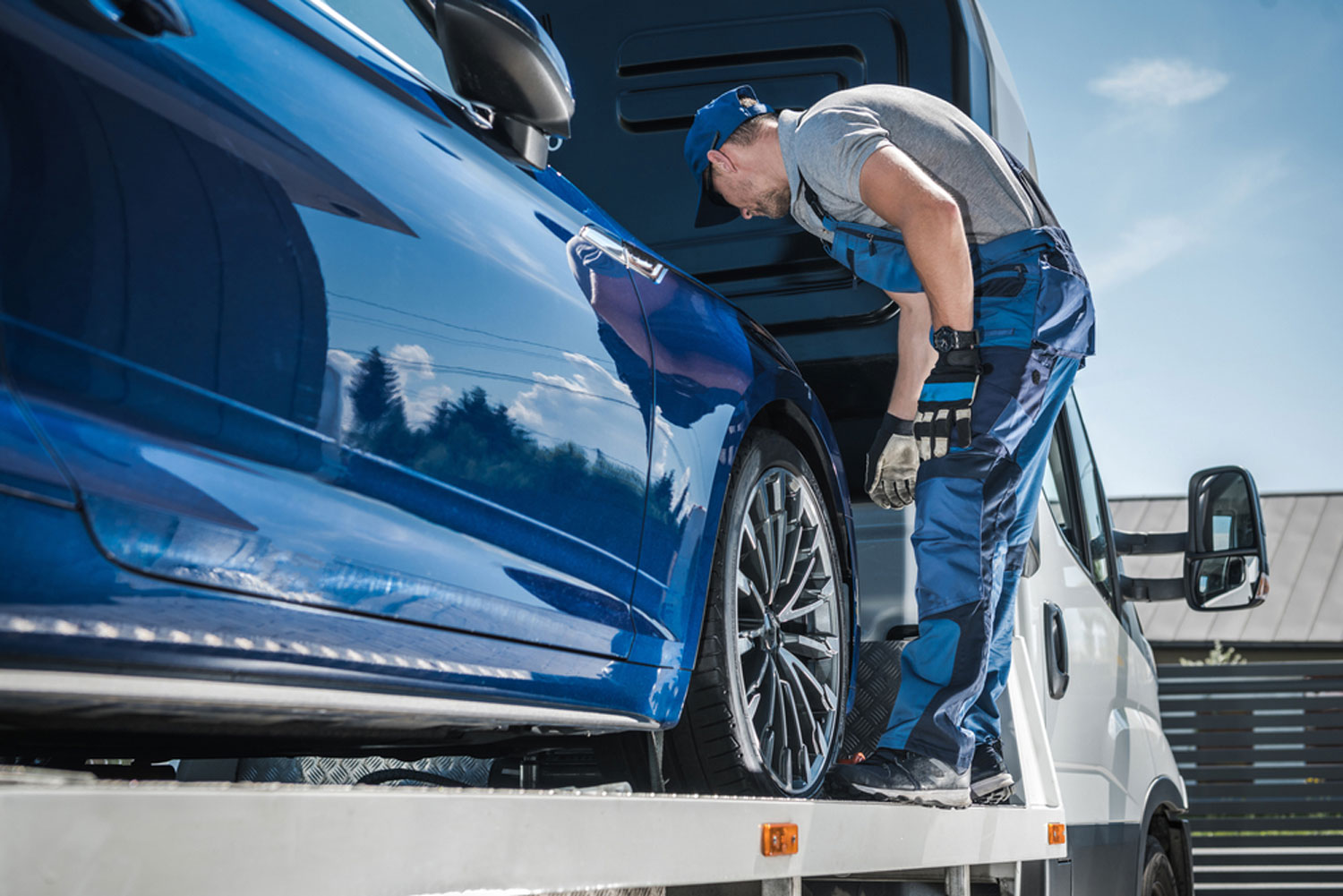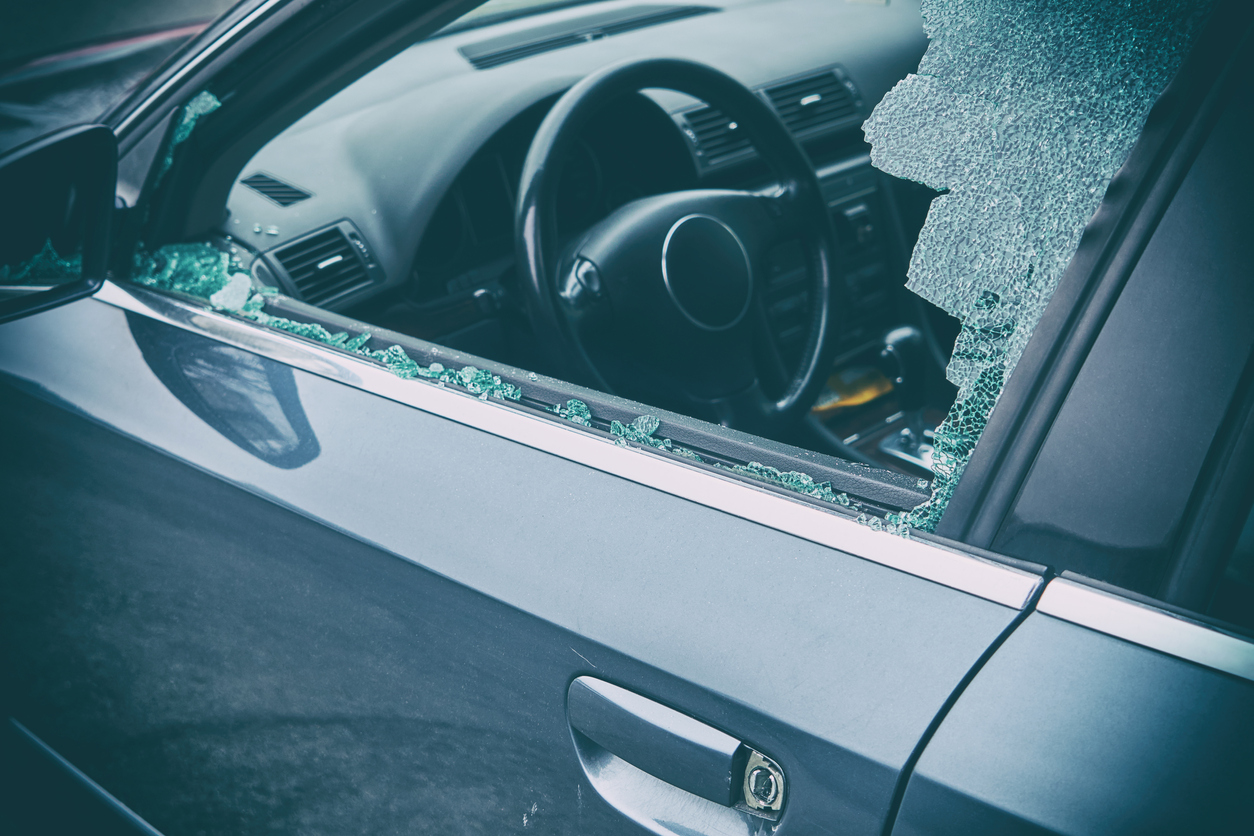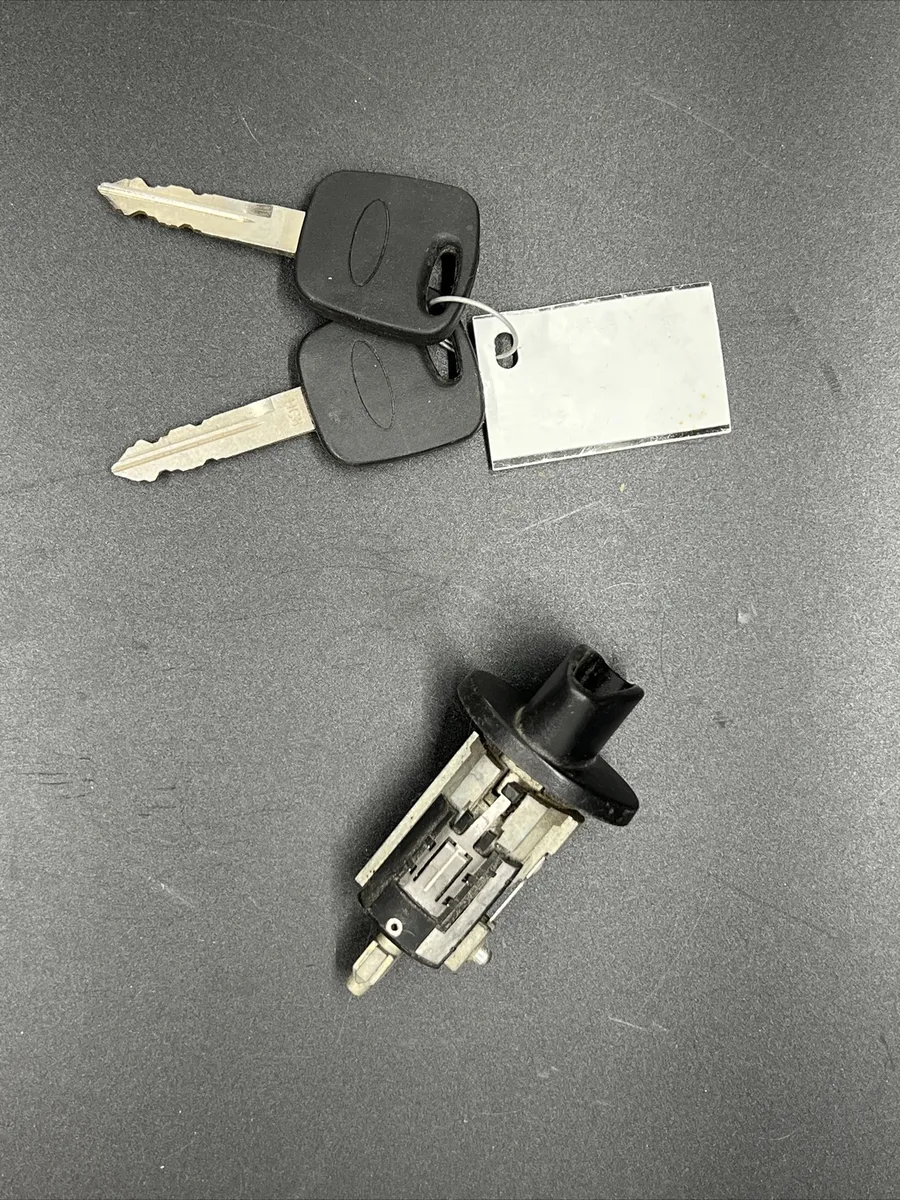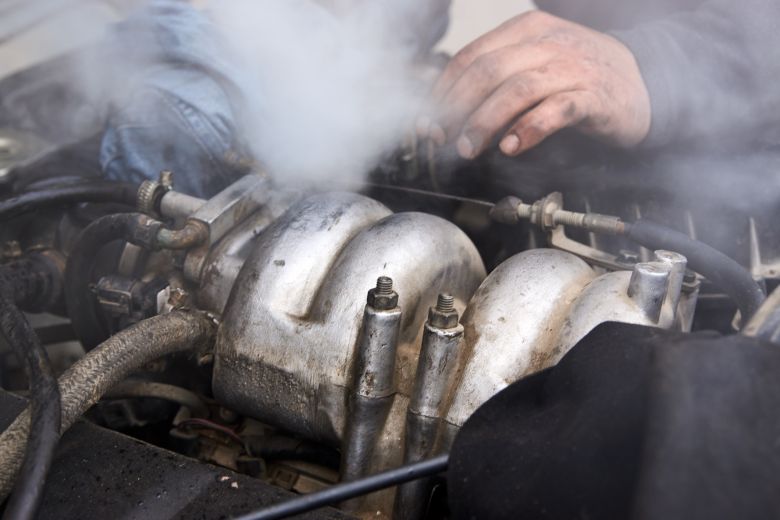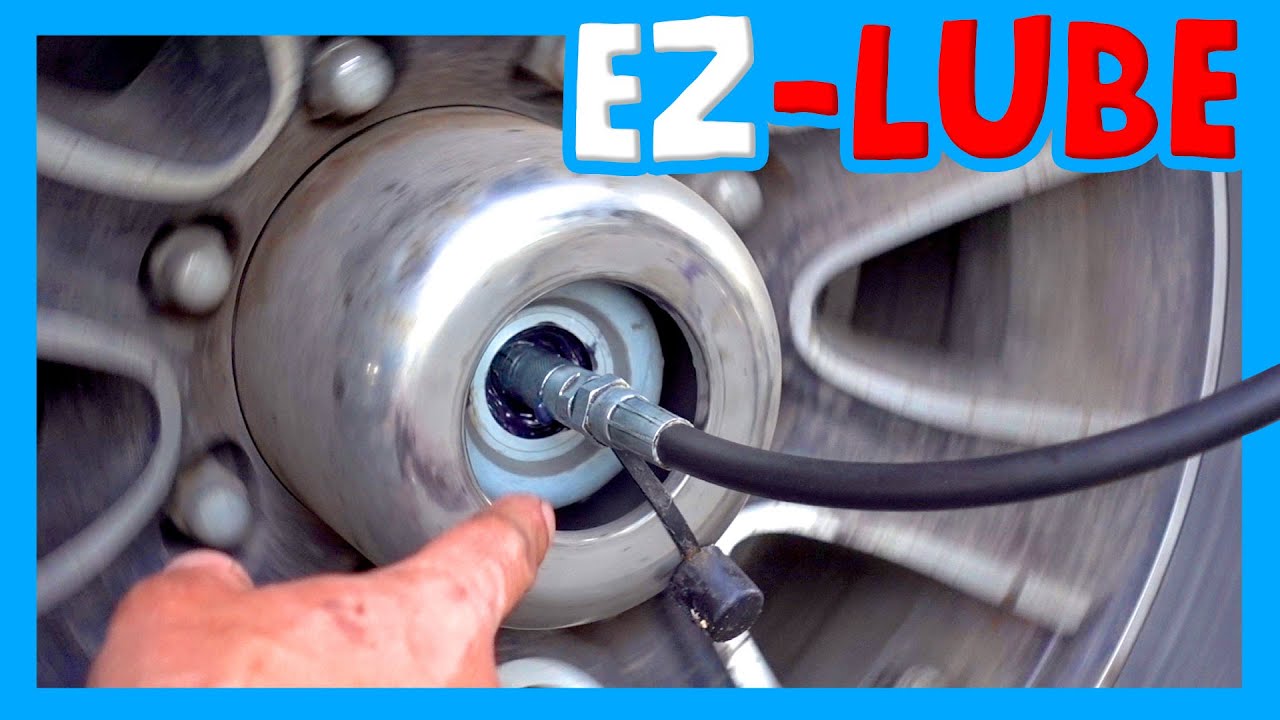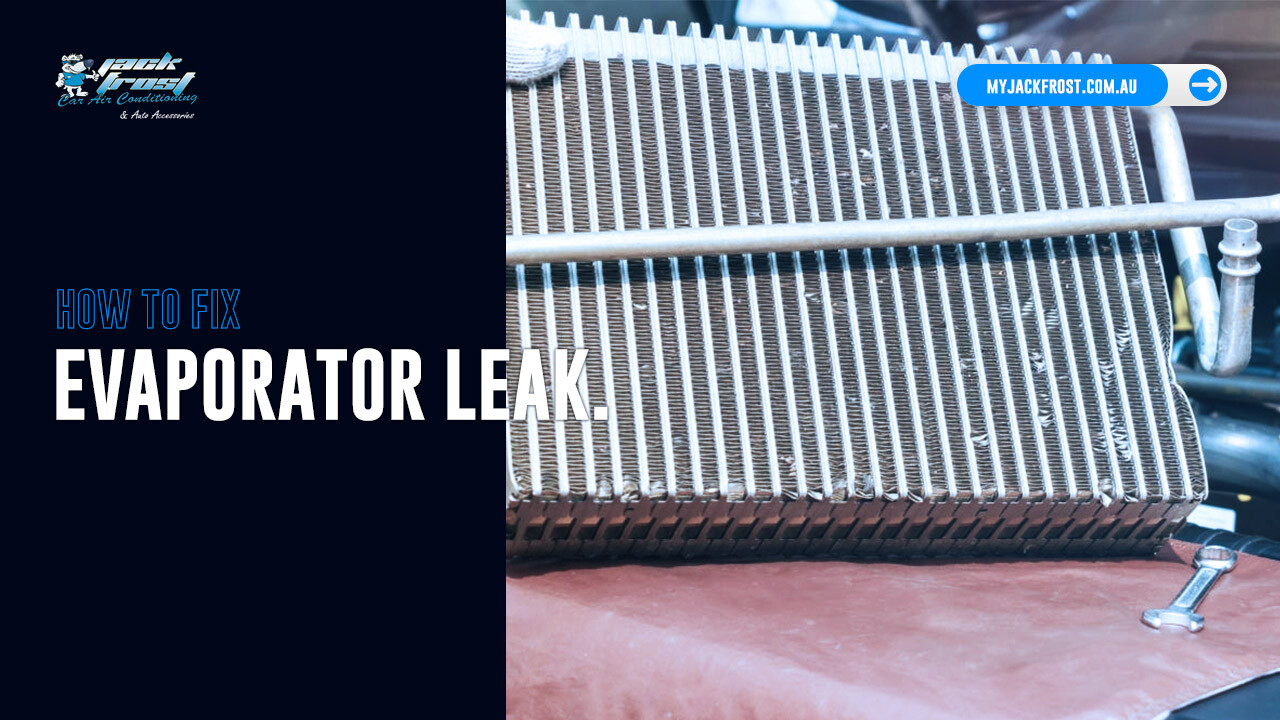Can a Car Be Repossessed from a Repair Shop
Yes, a car can be repossessed from a repair shop if the owner defaults on loan payments. Lenders retain the right to reclaim their collateral.
Vehicle repossession remains a looming concern for those struggling to keep up with car loan payments. It’s a straightforward process where lenders exercise their legal right to seize a vehicle when the borrower fails to meet their financial obligations. The location of the car doesn’t exempt it from repossession.
Therefore, even when undergoing repairs, a car might be towed away by the repo agent to satisfy the debt. This act highlights the lender’s intent to recover the vehicle regardless of its temporary place at a mechanic’s business. Car owners must understand the repossession risks and maintain transparent communication with lenders to avoid this stressful encounter.
The Intersection Of Repossession And Auto Repair
The Intersection of Repossession and Auto Repair sows a field of complexity for car owners and repair shop operators alike. Car repossession creates a unique situation when the vehicle in question resides at an auto repair shop. This juncture raises legal questions: Can a lender repossess a vehicle from a repair shop? What rights do repair shops have? Let’s explore the intricacies under these circumstances.
Legal Grounds For Repossession
Lenders hold the right to repossess a vehicle if a borrower defaults on their loan. This right stems from the lien placed on the vehicle title. It gives lenders legal authority to reclaim their collateral. Repossession laws vary by state. They define the process lenders must follow. This typically includes notification requirements and procedures for repossession. Even with a car at a repair shop, lenders may seek repossession under the law.
Repair Shops’ Liens And Rights
Repair shops sometimes have their own liens on vehicles they service. This can happen when a car owner fails to pay for repairs. State laws may grant repair shops a ‘mechanic’s lien’. This means they can hold a vehicle until payment is made. A shop’s lien might complicate a lender’s attempt to repossess a car. In many cases, these liens are seen as valid against all other claims. This includes those by lenders.
It is notable that in a battle of liens, specifics of the situation matter. The timing of the respective liens and state laws play a crucial role. A car can be subject to repossession from a repair shop. Yet, the repair shop’s rights to payment for services can’t be ignored.
Navigating The Repo Process
Understanding repossession is essential for car owners and repair shop operators alike. Can a car be repossessed from a repair shop? The simple answer is yes, but the process involves specific steps. This section explains the typical protocols and exceptional circumstances a repossession might entail.
Typical Repossession Protocols
Repos generally follow a set pattern. Lenders aim to retrieve a vehicle when loan payments fall behind. Read on to know the usual steps in a repo process:
- Notice of default: Lenders notify the owner about the missed payments.
- Right to cure: Car owners get a chance to catch up on payments.
- Engaging a repo company: Specialists are hired to collect the vehicle.
- Vehicle seizure: The repo company retrieves the car lawfully and respectfully.
- Post-repossession process: Owners may recover personal items from the car.
Exceptional Circumstances In Repossessions
Sometimes, the repo process deviates from the norm. Here are instances when repossessions can get tricky:
- Repair shop presence: A car might be repossessed from a shop, but the lender must inform the shop.
- Bankruptcy filings: This can halt the repo process temporarily or permanently.
- Disputes over property: If the car holds personal property, the owner can claim it.
- Legal action: Owners might contest wrongful repossessions in court.
The Repair Shop’s Perspective
Imagine a day in a repair shop. Suddenly, there’s a request to repossess a car. This situation pits the repair shop’s interest against the finance company’s rights. Understanding the shop’s perspective is crucial.
Protecting Business Interests
First comes the shop’s survival. When a car enters a garage, it’s not just about fixing it. The vehicle turns into collateral for the repair bill. Shops assert liens, legal claims, on cars for unpaid services. They hold cars until payment clears. This stand-off protects the shop from losses.
Essential points include:
- Mechanic’s lien—a security interest for payment.
- Shop policies—clear terms communicated to clients.
- Legal advice—knowledge on repossession laws.
Handling A Repossession Request
Handling repossession is delicate. Prioritize communication with the finance company. Confirm the repossession order is legal and valid.
| Action | Detail |
|---|---|
| Confirm | Validity of the request |
| Notify | Car owner immediately |
| Release | Vehicle if appropriate |
Documentation is crucial. Keep a paper trail. This includes the repossession notice and any communication with concerned parties.
Consumer Protections And Considerations
Consumer Protections and Considerations are crucial when dealing with car repossession. Even if a car ends up at a repair shop, the legality of its repossession falls under specific rules. Understanding these can equip car owners with the knowledge to navigate such tricky scenarios. Let’s explore what owners should know about their rights and the options available to them if faced with repossession.
Owner’s Rights In Repossession
Car owners are not defenseless when it comes to repossession, especially when their vehicle is at a repair shop. They have rights protected by law that may prevent a lender from taking their car unfairly. These rights often dictate:
- Notice requirements: Lenders might have to inform the owner before repossession.
- Peaceful repossession: Repossessors cannot cause a disturbance or damage property.
- Personal property: Owners can retrieve personal items from the car without paying a fee.
Specific laws vary by state, so owners should consult local regulations.
Potential Remedies For Car Owners
When faced with the threat of repossession, car owners can take several steps:
- Repayment: Catch up on missed payments or negotiate new terms with the lender.
- Banruptcy filing: This might temporarily halt the repossession process.
- Redemption: Pay off the debt in full, if possible, to reclaim the vehicle.
It’s also smart to review the loan agreement for any clauses that detail rights during a repossession.
Navigating Legal Complexities
Navigating Legal Complexities involves understanding the twists and turns of the law. Car repossession might seem straightforward, but complexities arise when a vehicle under repair comes into play. Knowing your rights and the laws that impact repossession can make a difference.
State Laws Impacting Repossession
Repossession laws vary widely from state to state. Some key legal points include:
- Right of Possession: Typically, lienholders can reclaim a vehicle without a court order.
- Repair Shop Liens: Repair shops may have their own lien for unpaid services.
- Notice Requirements: Certain states require notice before repossession.
- Seizure Limits: Some laws restrict seizing from private property without consent.
It’s crucial for car owners and repair shops to know these laws. They protect both parties’ interests.
Case Studies: Repossession From Repair Shops
Case studies highlight the nuances of repossession. Consider these two scenarios:
| Case | Location | Outcome |
|---|---|---|
| 1. Lienholder vs. Repair Shop | Texas | Repair shop’s lien prioritized |
| 2. Lienholder Rights | California | Repossession allowed with notice |
These examples show the importance of context. Both occurred under different state laws that influenced the end result.
Frequently Asked Questions Of Can A Car Be Repossessed From A Repair Shop
Can A Car Be Repossessed If It’s At A Mechanic?
Yes, a car can be repossessed from a repair shop if the loan on the vehicle is in default. The lender’s right to seize the collateral, which in this case is the car, typically does not cease due to the car’s location.
What Happens After A Car Is Repossessed?
Once repossessed, the car will often be sold at auction. The proceeds from the sale go towards the outstanding loan balance. The former owner may still owe a deficiency if the sale doesn’t cover the full loan amount.
Are Car Owners Notified Before Repossession?
Lenders generally are not required to notify you before repossessing a vehicle. However, they might send reminders or warnings about the pending repossession if payments continue to be missed.
Can I Get My Car Back After Repossession?
Yes, you might be able to reclaim your car after repossession by paying the overdue payments and any additional fees. This process is known as “redeeming” the vehicle.
Conclusion
Navigating vehicle repossession laws can be tricky, especially when your car is at a repair shop. It’s vital to understand your rights and loan agreement terms. Should you face this situation, prompt communication with your lender and the repair shop is key.
Remember, staying informed helps protect you and your vehicle.

